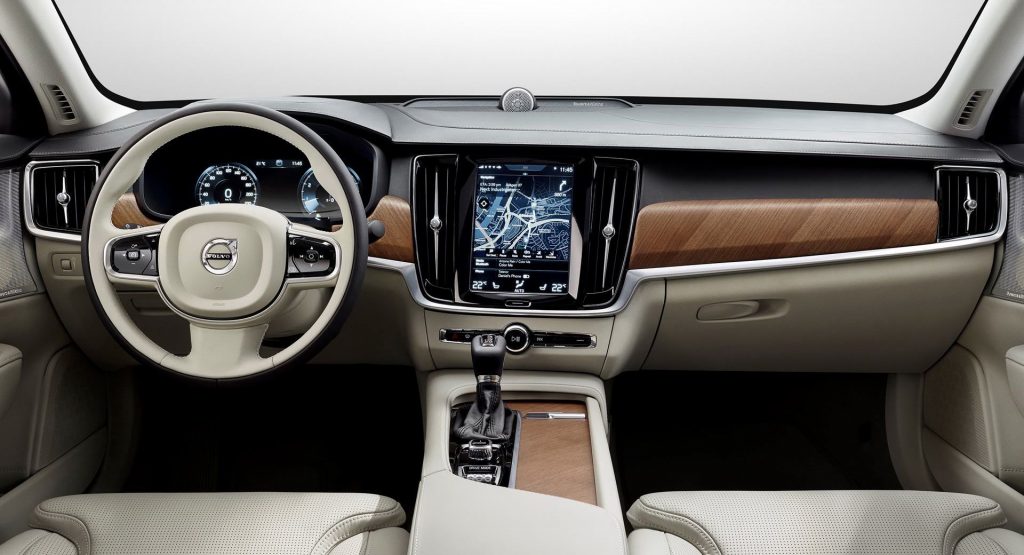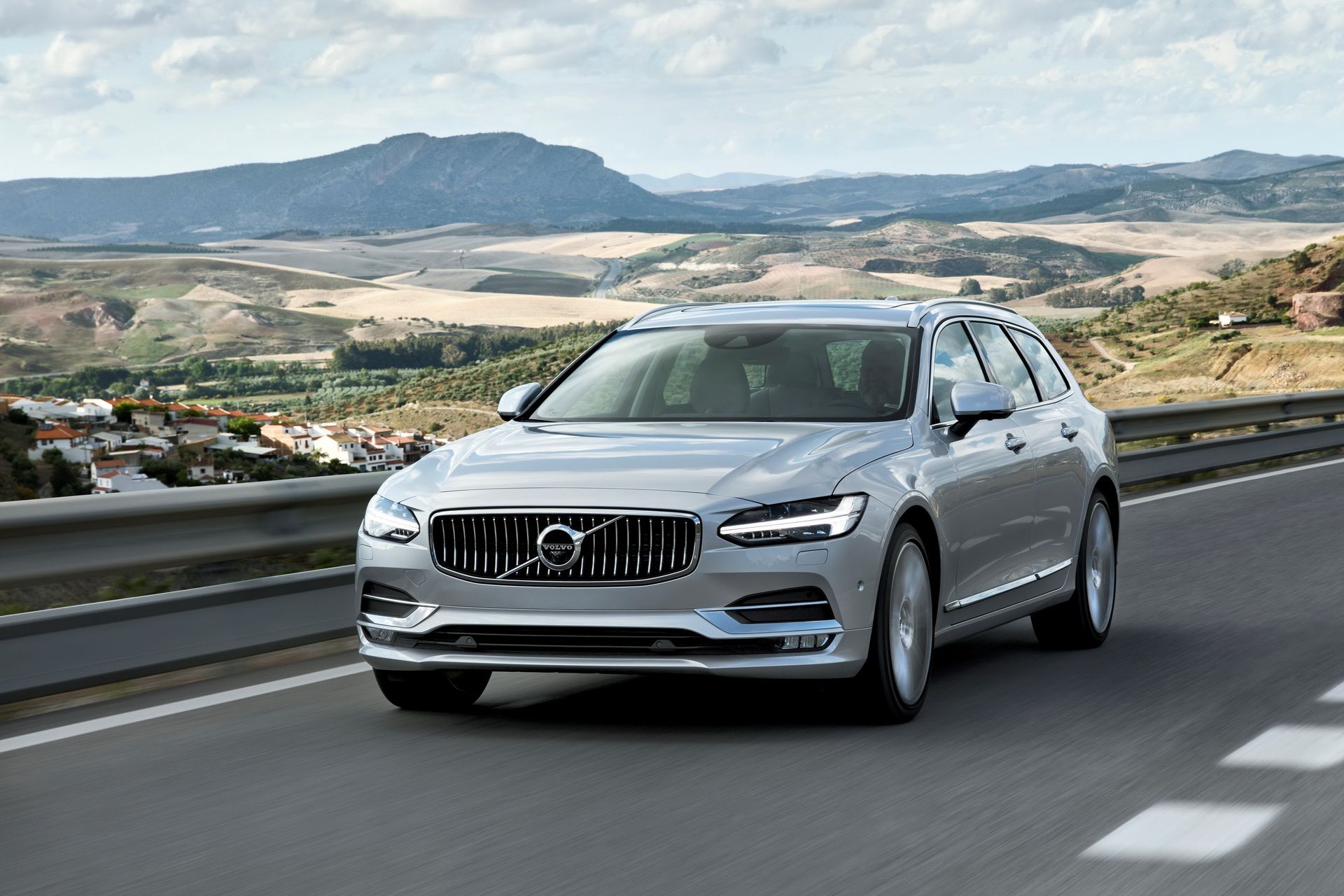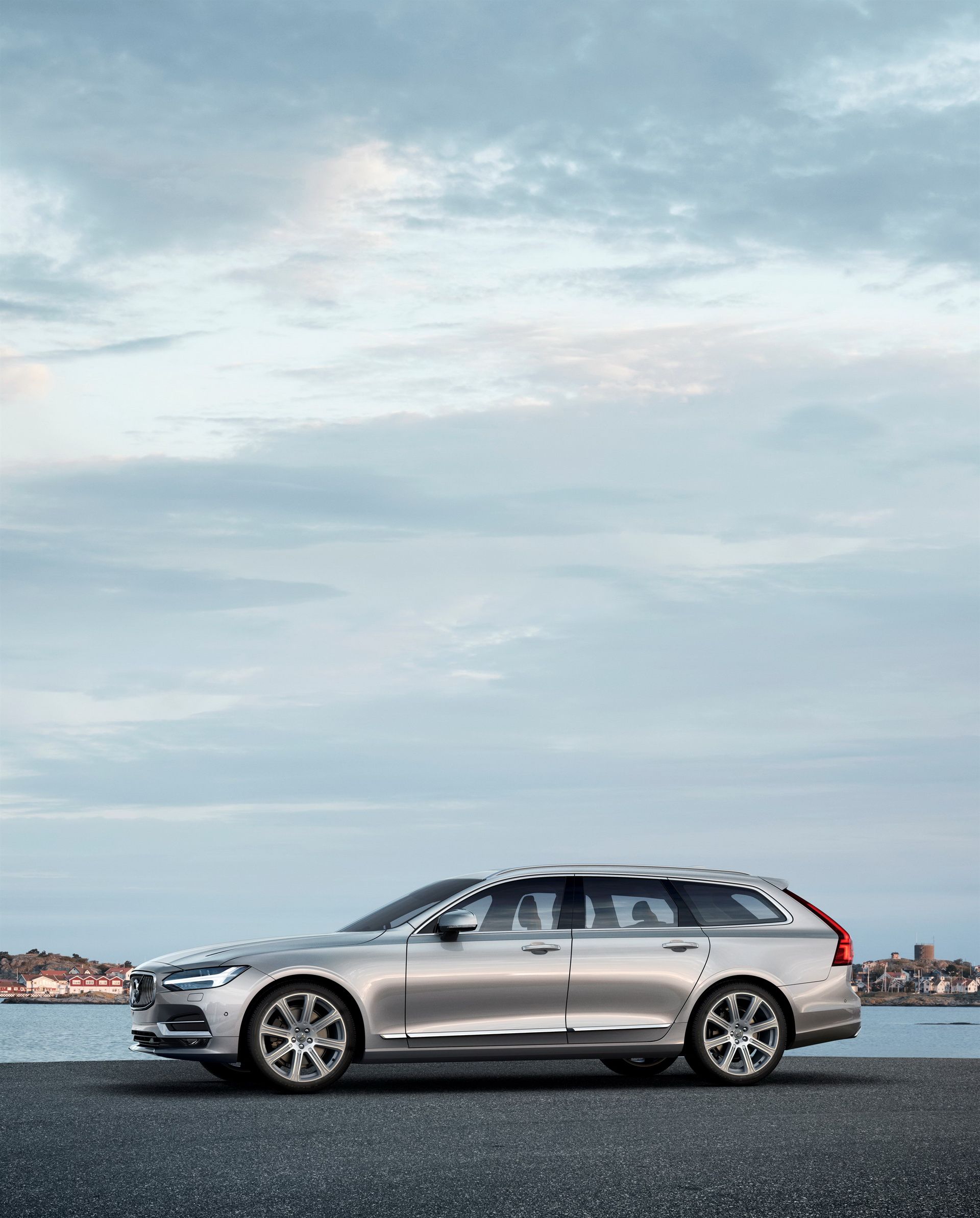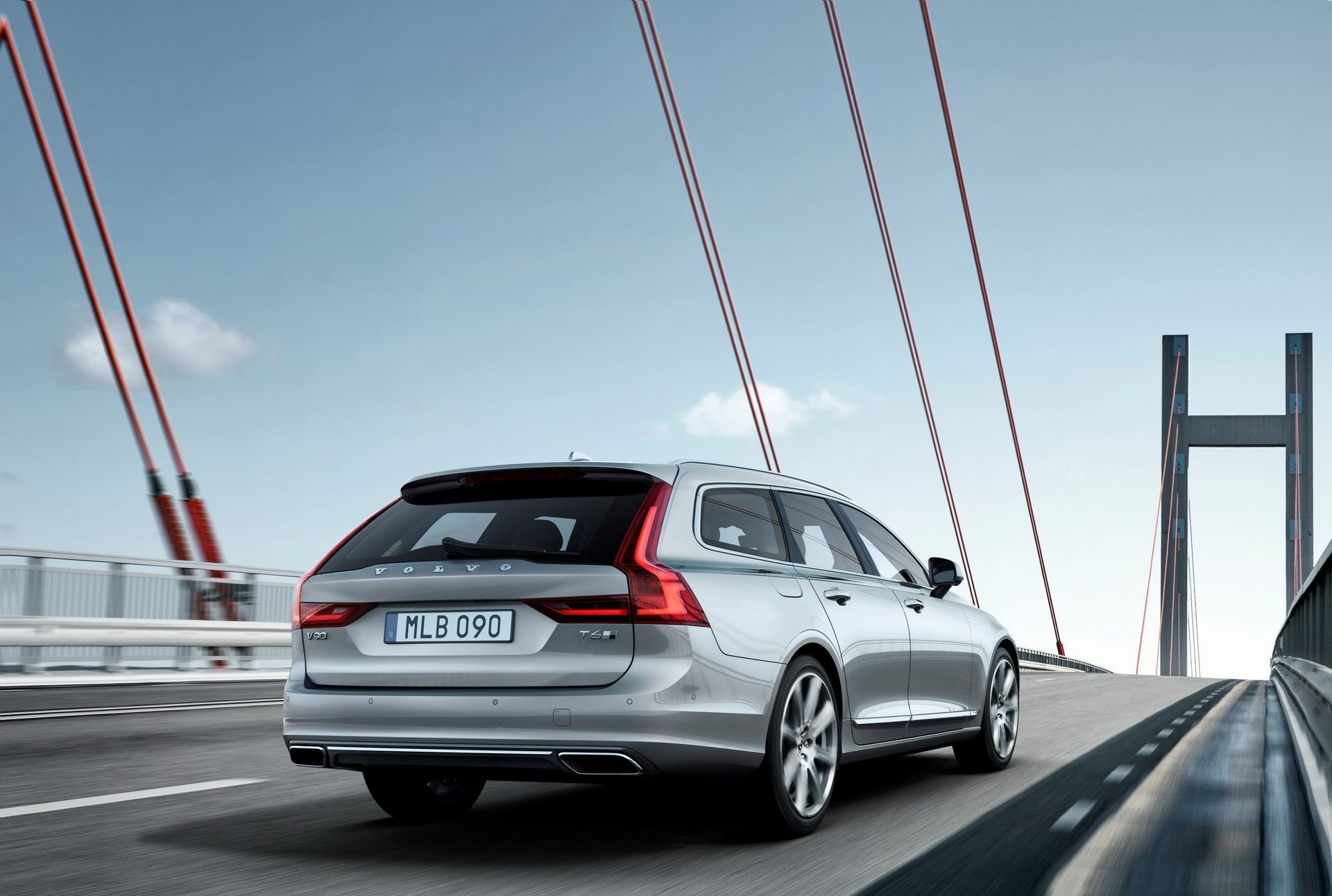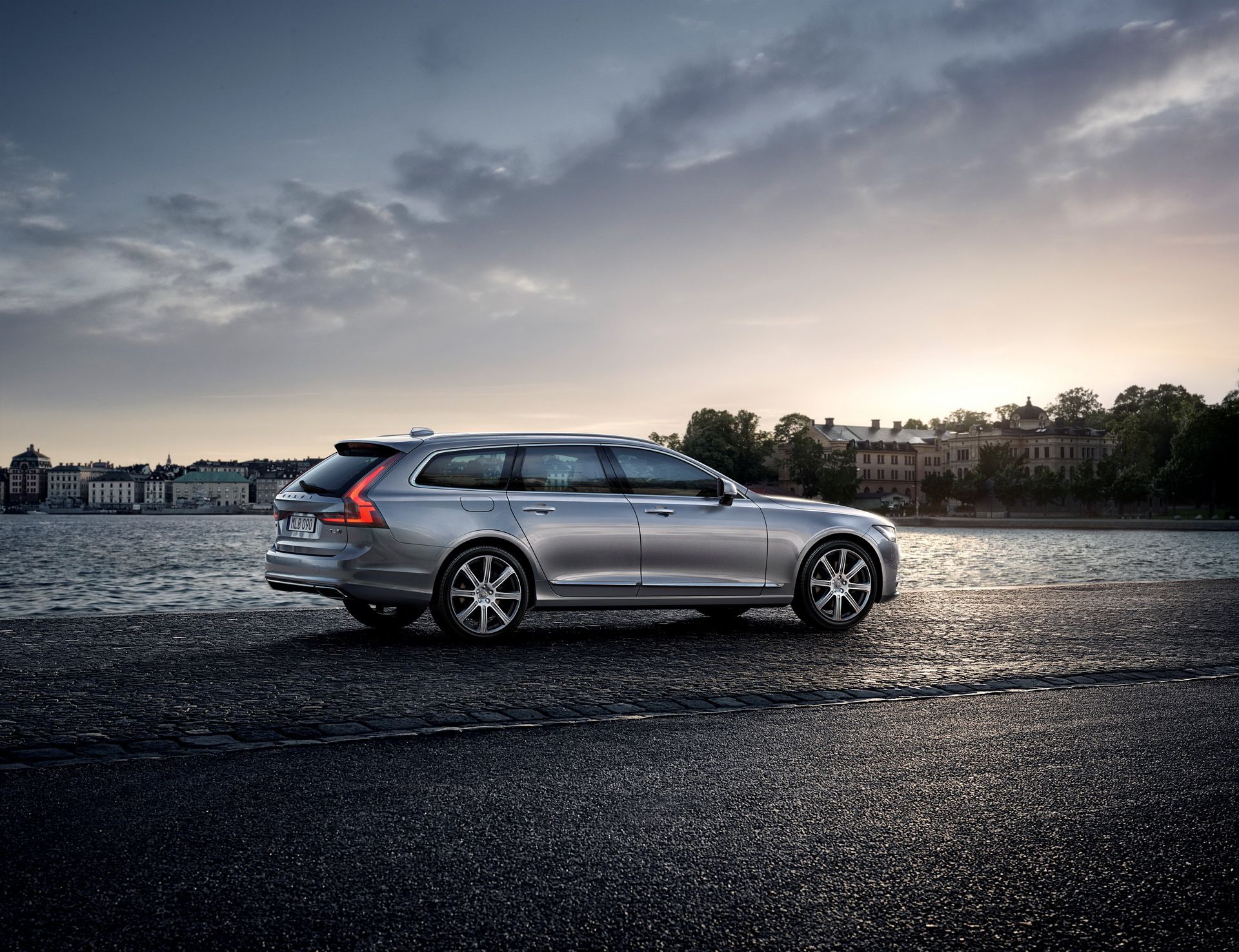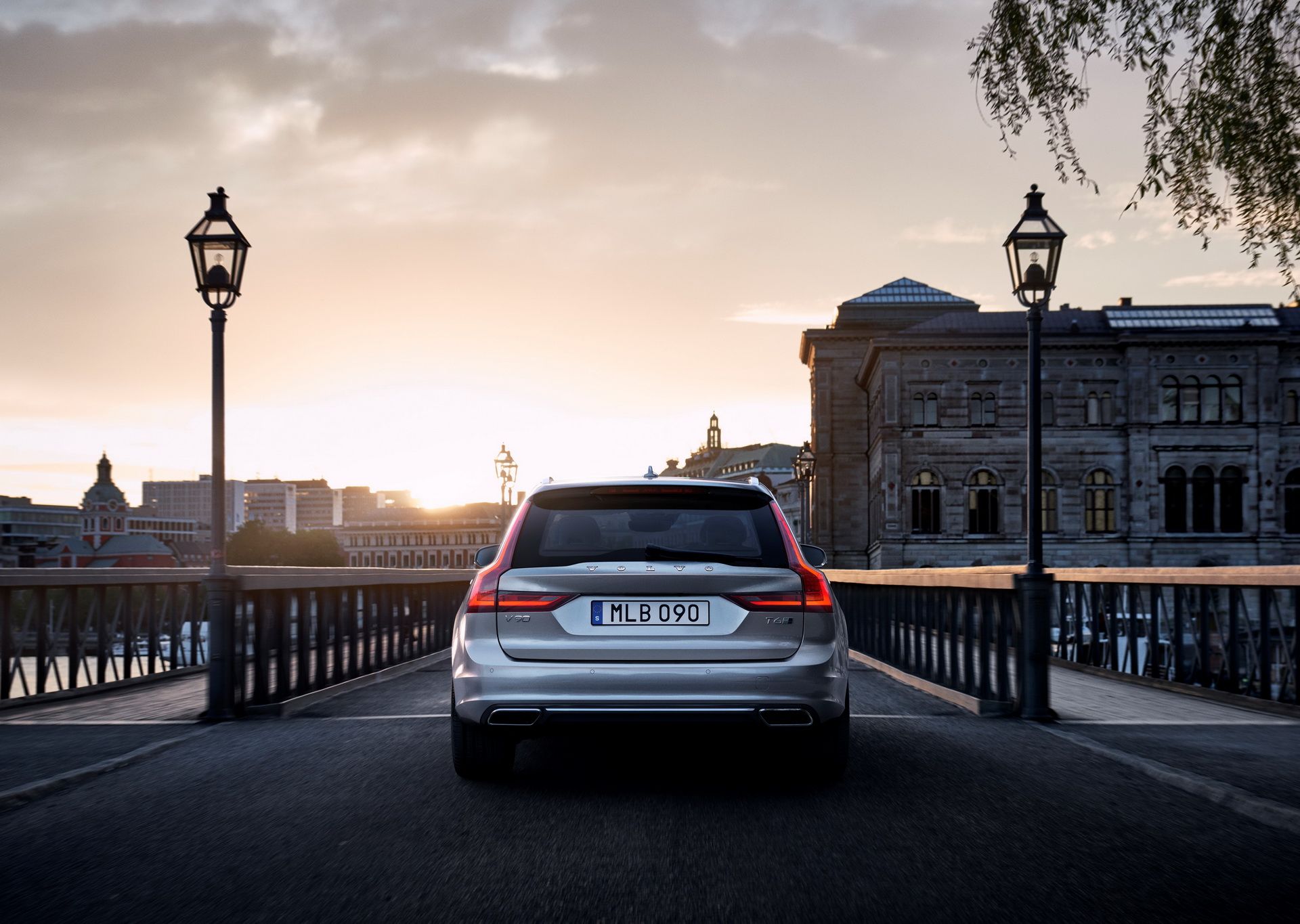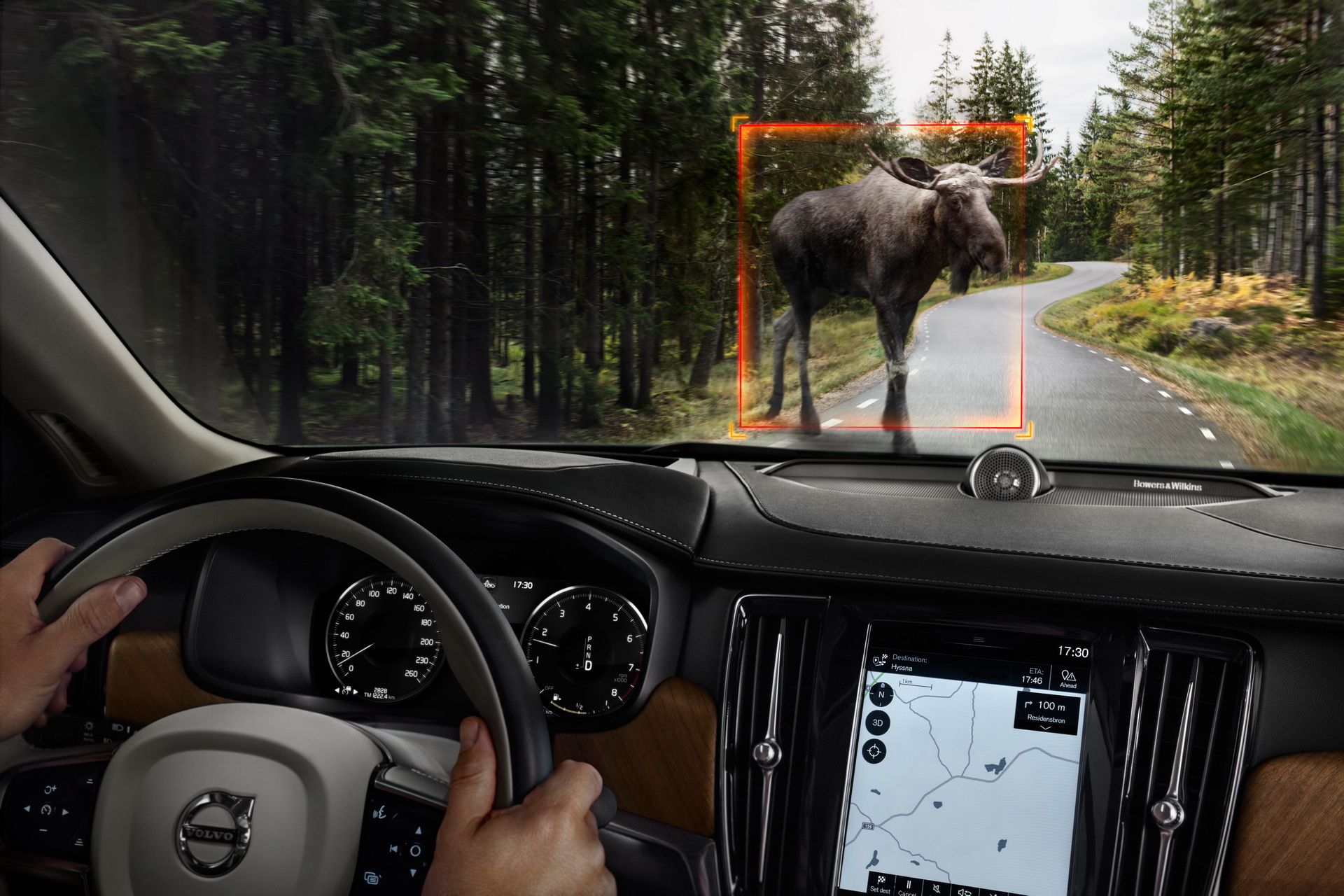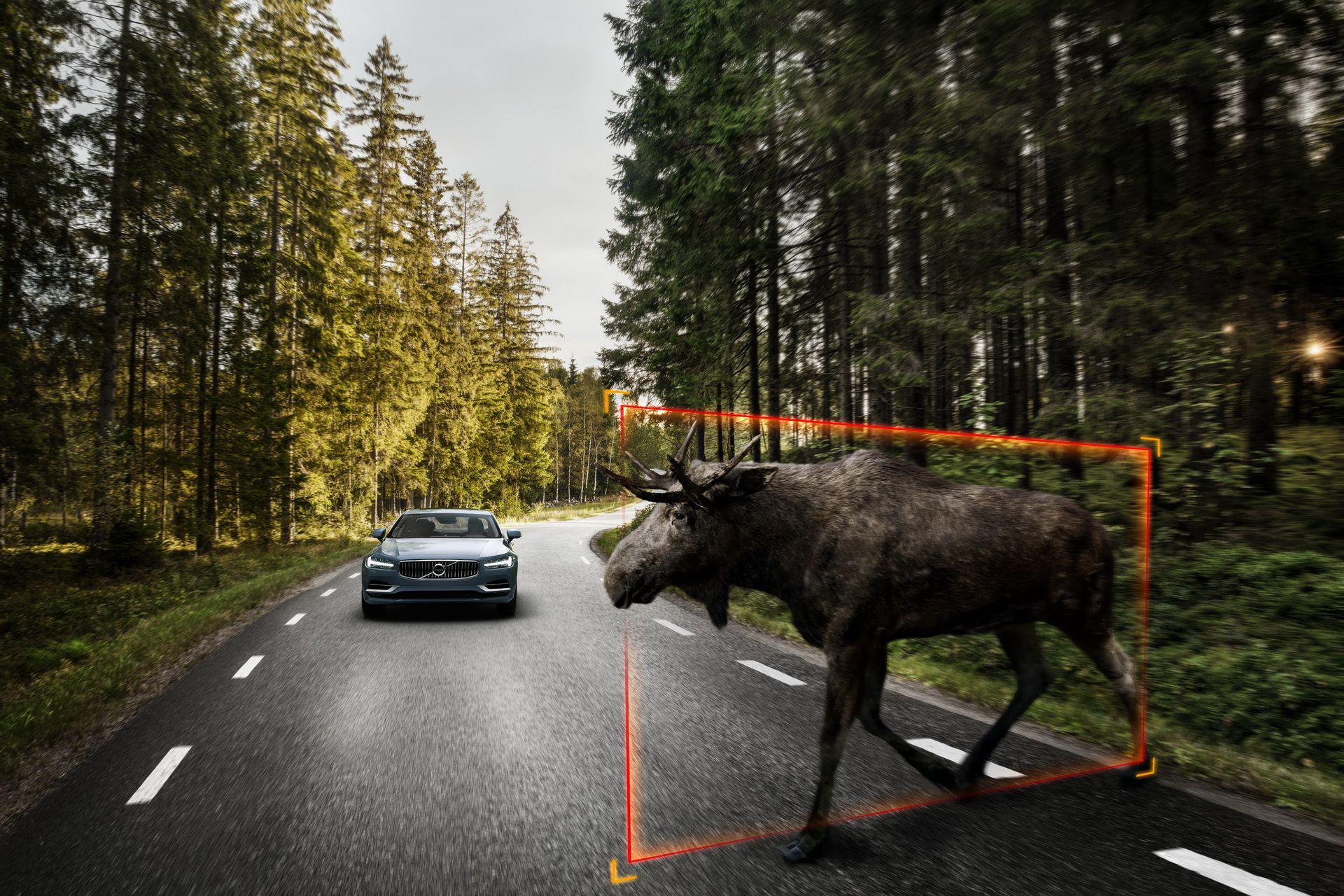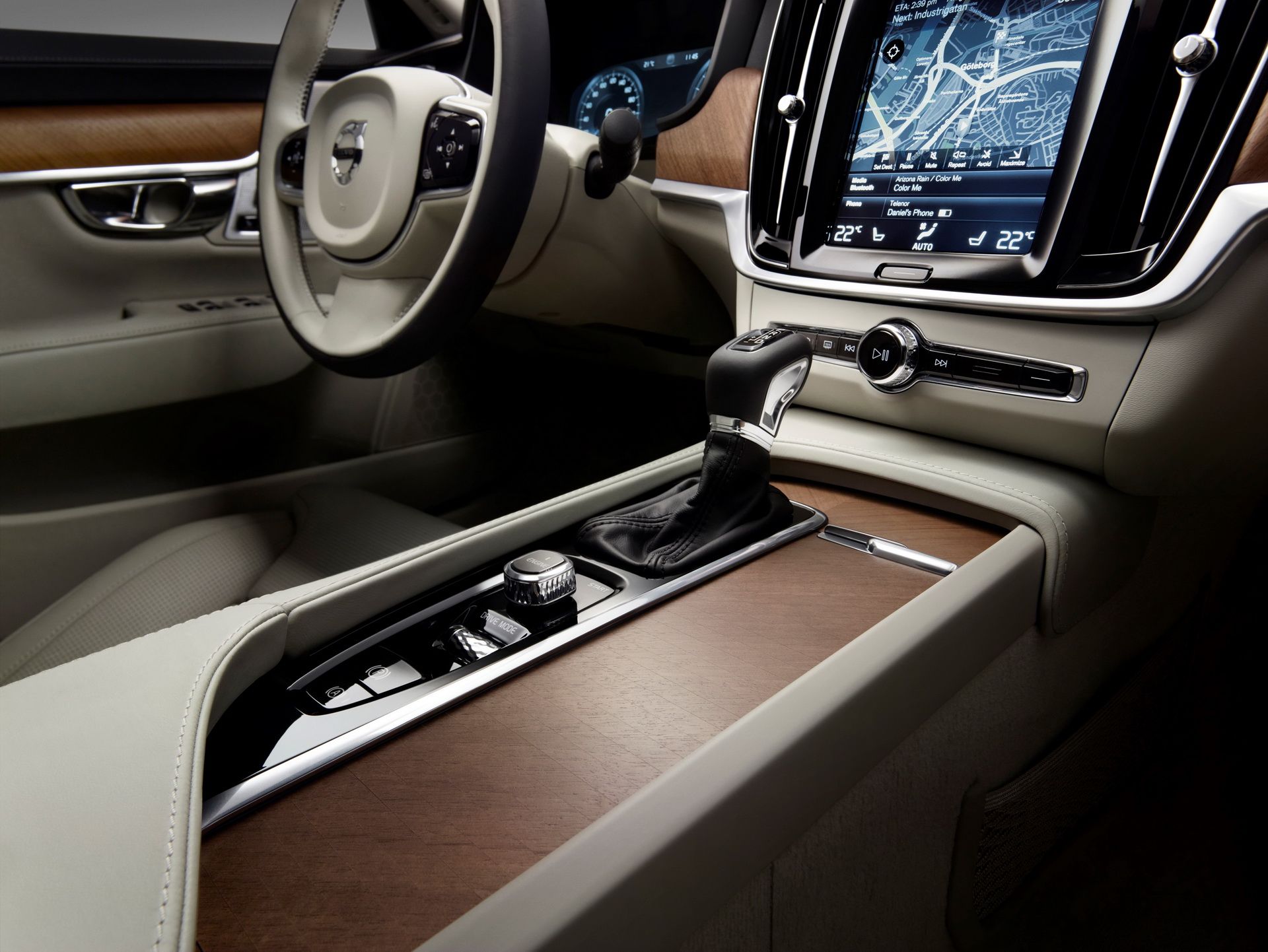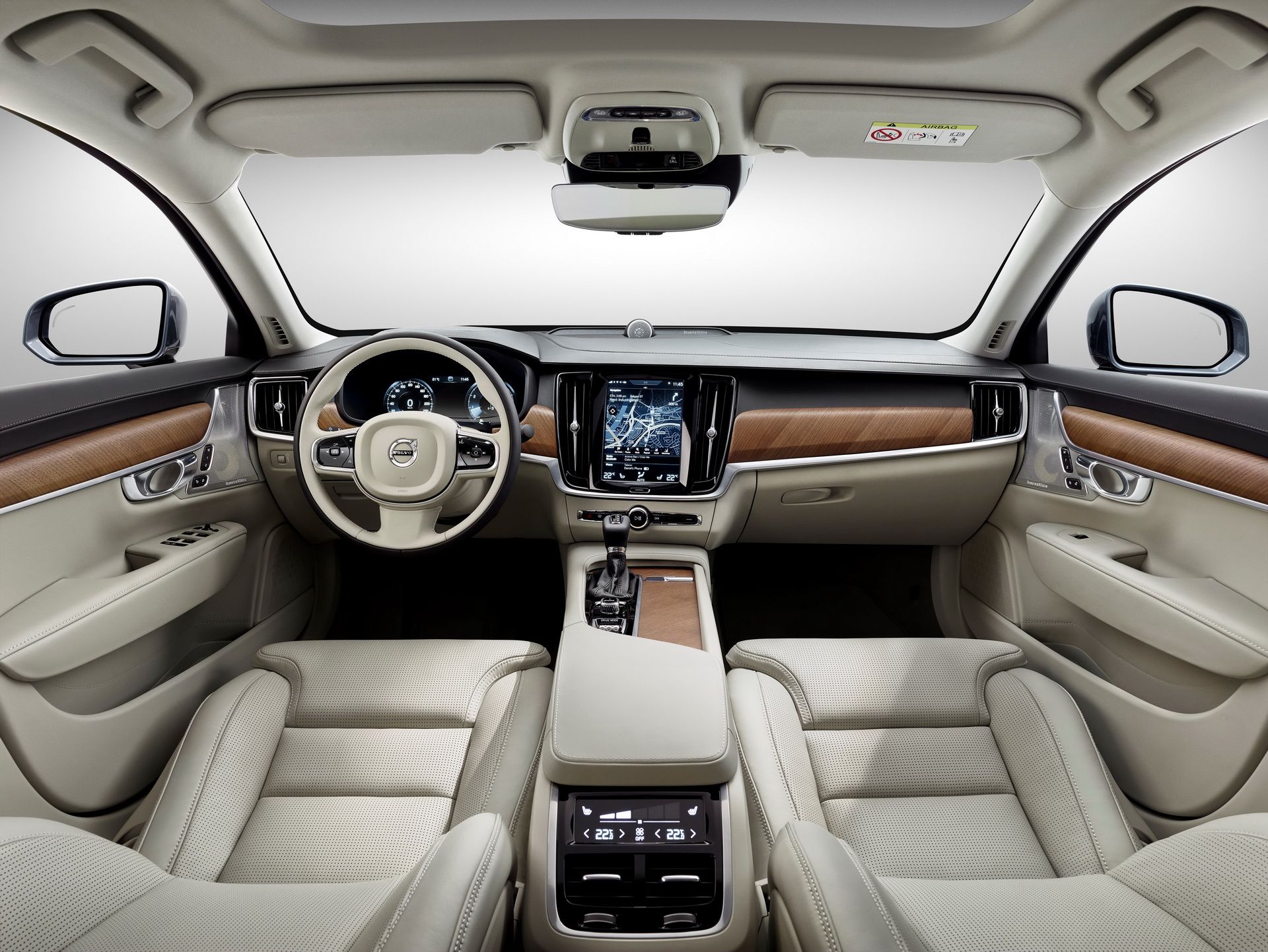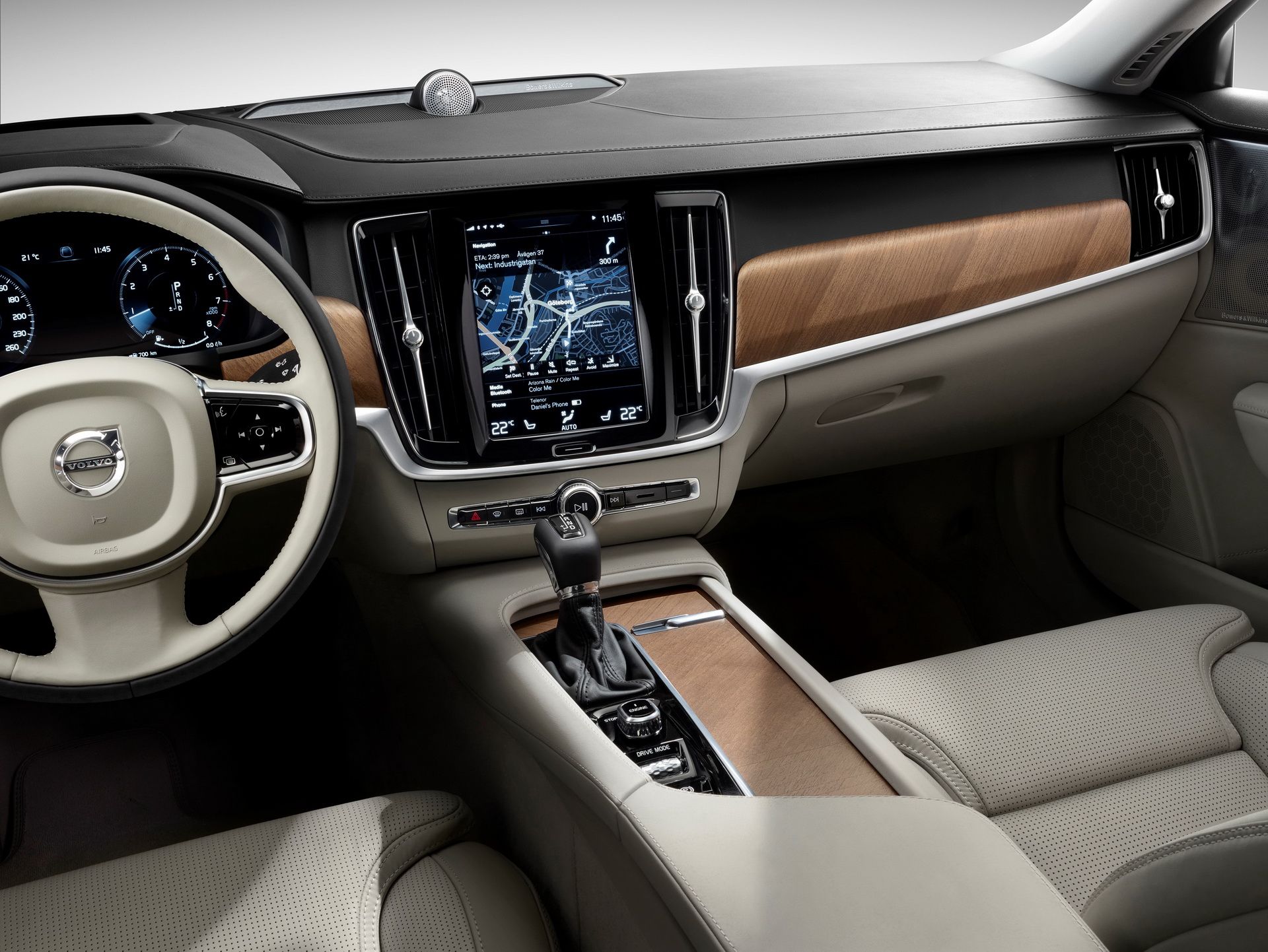Volvo Cars aims to become a leading player in the global automotive industry by the middle of the next decade. The Swedish car maker announced new financial and operational goals that will help them achieve their ambitions, including betting big in autonomous technologies.
Volvo said that it expects one third of its sales annually to come from self-driving vehicles, which is arguably the most ambitious (and the first) target yet in the whole automotive industry.
The company also wants fully electric cars to make up half of its total sales by the same time, as well as having half of its sales coming from its subscription service. “These initiatives will help transform Volvo from being purely a car company to being a direct consumer services provider,” said Hakan Samuelsson, Volvo’s chief executive.
Volvo aims over 5 million sales, or as the company puts it “direct consumer relationships”, by 2025 in a bid to create new sources of recurring revenue. The car maker targets “premium level profitability in line with other premium rivals” as well as a broader range of models to drive sales upwards.
In order to achieve its ambitions, Volvo will enter the market of autonomous ride-hailing companies, as well as create synergies with affiliated partner companies. The company will share development costs and create economies of scale with Polestar and Lync & Co, in which Volvo Cars owns a 30 percent stake.
“This paves the way for Volvo Cars to continue growing fast into the middle of the next decade,” said Samuelsson. “The company has been transformed since 2010 into a global premium car company. Now it is time for this transformation to be turned into a period of sustained profitability in line with other premium brands.”
Volvo Cars achieved record sales and profits in 2017, posting a 27.7 percent increase in operating profit and achieving global sales of 571,577 vehicles.




